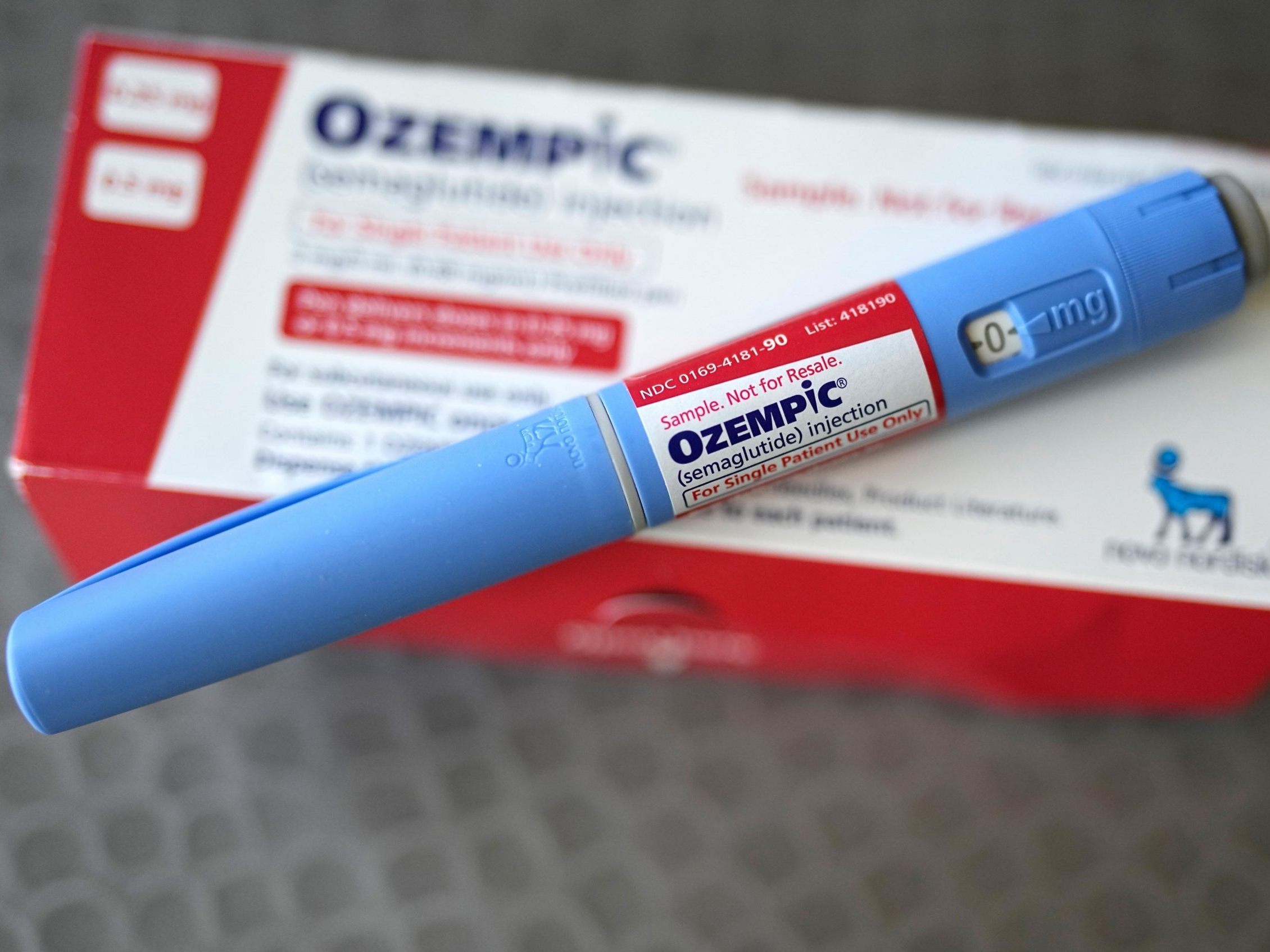Study Shows: This is How Diabetes and Weight Loss Injections Work

In clinical studies with medications like semaglutide, known as weight loss injections, diabetics showed significant improvements in HbA1c levels and weight. Obese patients experienced weight reductions of over ten percent. The question remains whether these results also occur outside of studies in clinical practice. Martin Heni from the University Hospital Ulm and his co-authors, including Lisa Frühwald, therefore conducted a registry study.
Diabetes and Weight Loss Injections: Treatment Results in Almost 4,500 Diabetics
"Data from 4,467 adults with type 2 diabetes from the Diabetes Patient Follow-up Register (DPV) were analyzed, focusing on changes in HbA1c levels and body weight within six months of starting treatment with GLP-1 receptor agonists. We categorized the participants based on their response: only HbA1c reduction, only weight loss, both, or neither," the experts noted. It was about assessing treatment with the GLP-1 receptor agonists semaglutide, liraglutide, or dulaglutide. The type 2 diabetics, whose data were compared with baseline values after six months of treatment, were on average 60 years old. They had an average body mass index of just under 35, meaning they were mostly obese (BMI greater than 30) and had an average HbA1c value of 7.7 percent, which is significantly above the desired values of less than 6.5 percent.
Almost 43 Percent Without Significant Success from Diabetes and Weight Loss Injections
Contrary to the hype that the medications, which have been used in diabetes treatment for several years, have caused as weight loss agents in the general public worldwide, the data filtered out by the study authors from daily routine are by no means proverbially sensational. The HbA1c value, as a measure of medium-term blood sugar control, reduced by an average of just under 0.5 percent. The average weight reduction was 1.46 percent of the initial weight. "Overall, 14 percent of participants achieved both an HbA1c and a weight reduction. Another 35.7 percent achieved only an HbA1c reduction without significant weight reduction, while 7.4 percent only showed a weight reduction without significant HbA1c reaction (improvement in blood sugar levels). The remaining 42.9 percent had no statistically significant reduction in either measurement ("non-success")," the diabetologists noted.
More Comprehensive Studies on Diabetes and Weight Loss Injections Needed
Apparently, subgroups among the subjects could be distinguished quite well. "For example, people with a higher initial weight lost weight more frequently under treatment, women mostly had a stronger weight reduction with GLP-1 receptor agonists as a medicinal therapy. People with poorer blood sugar control at the beginning mostly lost less weight than those with a lower HbA1c value. "In summary, our analysis shows a considerable variability in the treatment outcome with GLP-1 receptor agonists in patients with type 2 diabetes in clinical practice. Only a minority of patients achieve both blood sugar and weight reduction in the first six months of therapy. The differences in practice compared to clinical studies underscore the need for more comprehensive studies to better predict the response in type 2 diabetes and develop individualized treatment strategies," the scientists noted.
(APA/Red)
This article has been automatically translated, read the original article here.





